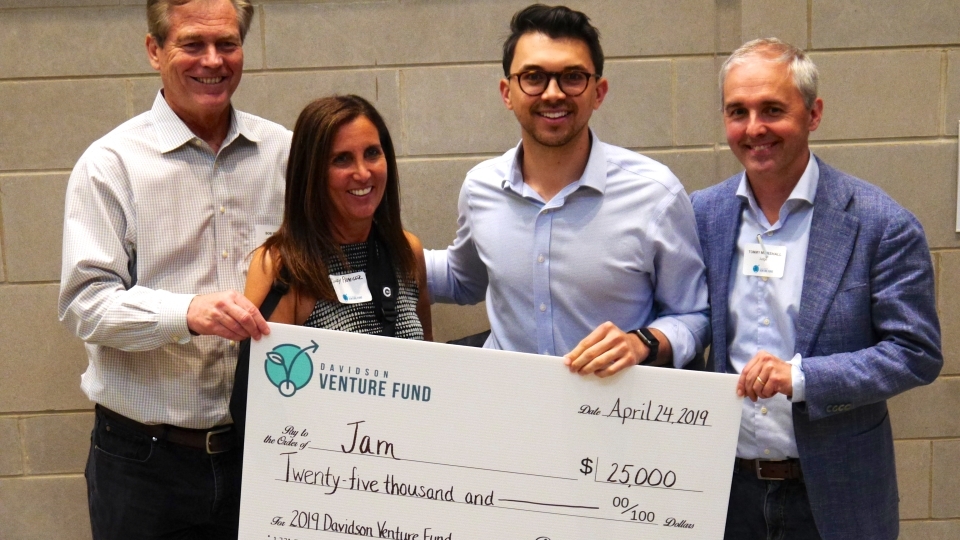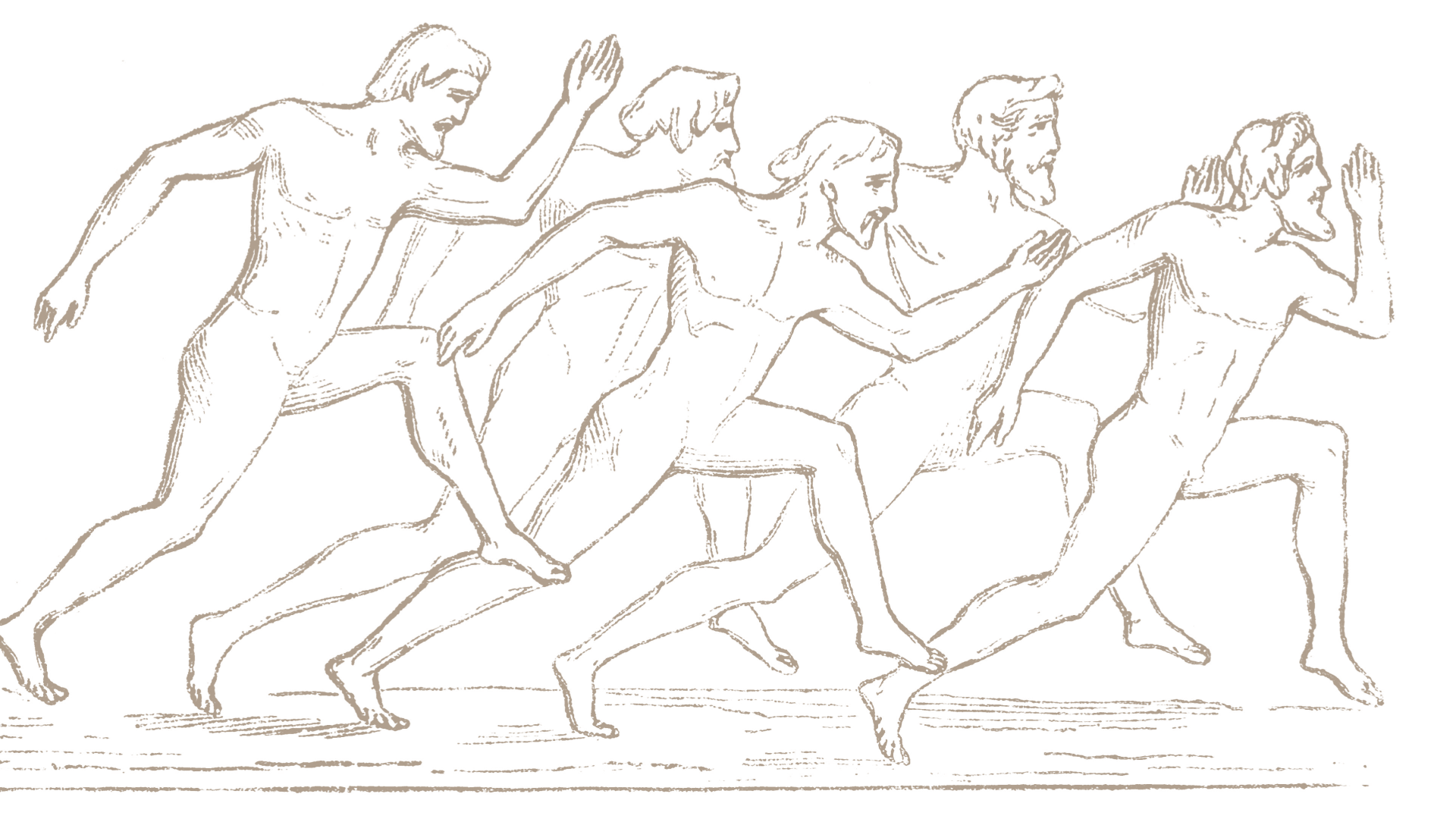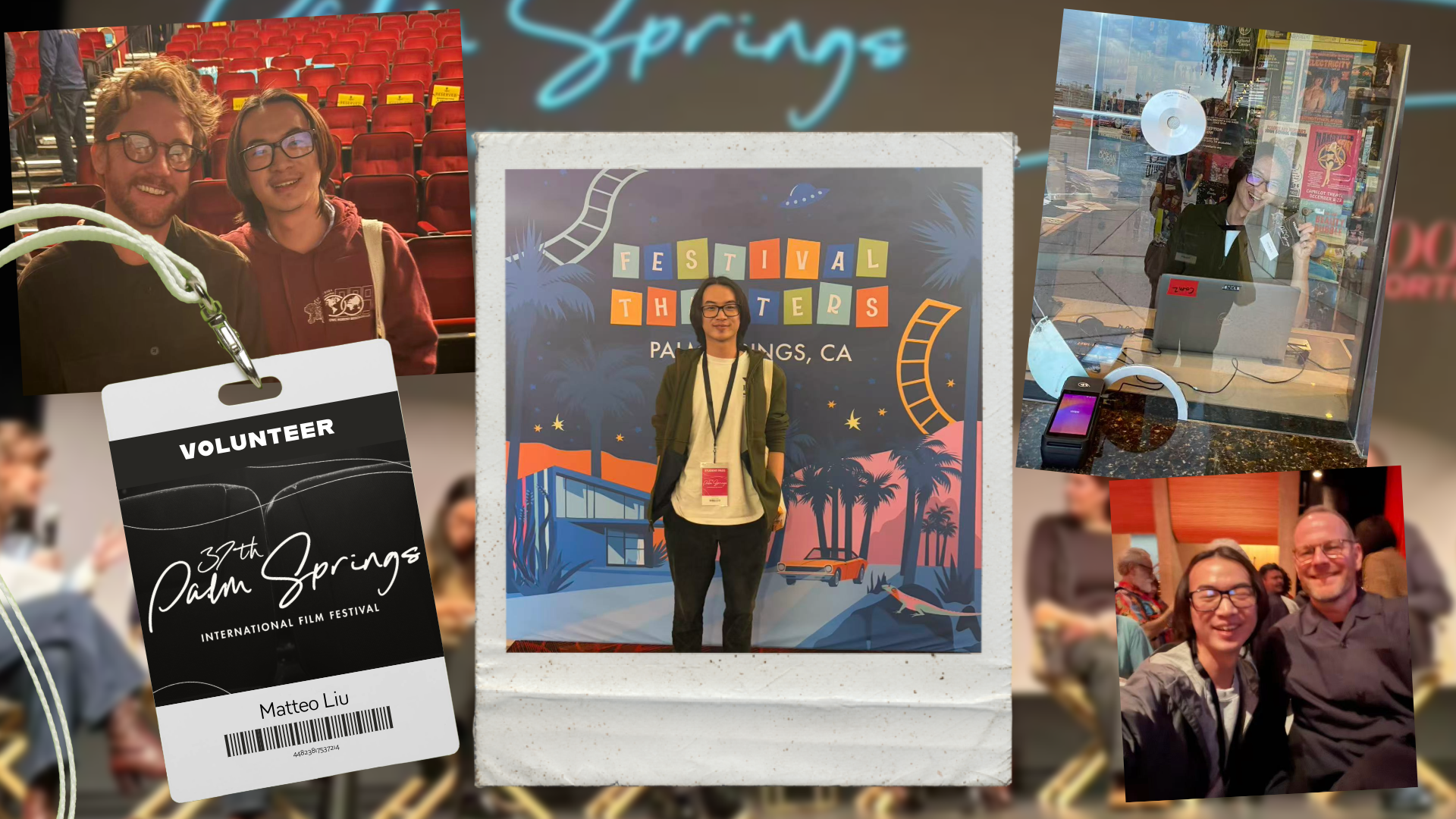Winning Venture Aims for Deeper Connections Through Technology
April 30, 2019
- Author
- Mary Elizabeth DeAngelis

The idea came to Shea Parikh as he and a group of friends sat outside Summit Coffee on a beautiful spring day.
They talked about their pending Davidson College graduation, and lamented not getting to know some of their classmates better. Was it a technology overload -- that everyone spent so much time looking at screens that they missed out on face-to-face connections?
"It was so frustrating, I felt like we couldn't have conversations with people we walked to class with or even had lunch with," Parikh '16 said. "So I had this question -- how do we use the same technology that is making us less connected to make us more connected?"
He came up with Jam, a company that strives to promote more human connection in the workplace.
The idea and his business plan resonated with judges at the 2019 Davidson Venture Fund Pitch Competition. The three-member panel unanimously selected Parikh to win the $25,000 in seed funding. Parikh plans to use the money to expand his company's sales and operations. He hopes his company will someday offer a go-to solution for businesses around the world.
Tough Competition
Judges chose Parikh out of six finalists comprised of three young alumni teams and three current student teams.
Their ideas ranged from a nutrition app to help cancer patients with personalized healthy meal plans to a mobile beauty salon -- a one-stop shop for hair, nail and makeup services -- that would prepare teens for proms, Bat Mitzvahs and debutant balls.
Other pitches included an app to pair talented musicians with events and venues, a company vying to improve education in North Africa through intensive teacher training, and an app to expand philanthropy to the masses by rounding up change on the dollar to give to a donor's favorite charities.
The judges posed tough questions, grilling finalists on everything from how they planned to distinguish their companies in a competitive market to what they intended to pay themselves in salary.
In the end, they liked the pitch from Parikh, who showed how technology can solve problems such as losing good employees who don't feel connected to their coworkers or supervisors.
He presented survey results showing that 71 percent of millennials want their coworkers to seem like second families. The survey said 77 percent of employees who left companies could have been retained, with an estimated cost of about $680 billion to the United States economy.
Jam currently has four paying customers and recently got a contract for a six-month pilot program with a Fortune 500 company, which will be its first corporate client.
"It really impressed us that he already has paying clients, and it seems like a really talented team," said contest judge Tommy Marshall '91, interim director of Fintech Catalyst at Georgia Tech's Advanced Technology Development Center.
Workplace Connections
Employees opt in to Jam by sharing information such as what they do for their company, how long they've been there, and what type of contacts they'd like to make. They might also share a few personal details about hobbies and outside interests.
Jam collects the information and "integrates directly into the organization's calendar system to intelligently schedule a 30-minute Jam session," Parikh said. He said they've had new employees use Jam to introduce themselves, and remote workers who use it to stay connected to a company's headquarters.
All of the teams had coaching from volunteer mentors who are established entrepreneurs. Parikh worked with Louis Foreman, of Eventys Partners; John Goocher of Kidron Capital and Chris Langford from Lowe's Ventures.
"He's well-polished and was able to accept feedback and criticism as he perfected his business model," Foreman said. "He gave a good presentation."
"Shea knows that as a good entrepreneur you should surround yourself with other successful people," Foreman said. "There's no need to travel by yourself. For him to get a head start from this event at Davidson increases the likelihood of success. This kind of validation is important. It's a great start."
The 2019 contest marked the competition's sixth year. Funding comes through a gift from the Nisbet family in memory of Olin Nisbet '63.
Parikh was a second-year student when Davidson started its entrepreneurship program, and he credits the college for launching his interest. In 2016 he and his friend Bjorn Ordoubadian '16 won a $5,000 Venture Fund award for their app, Intrsect Davidson.
After college, Parikh became a Venture for America fellow. The program prepares recent college graduates for entrepreneur careers by placing them in a two-year paid apprenticeship at a startup company. He worked for VersaMe, a company focused on early childhood education now based at The Hurt Hub@Davidson, before launching Jam in 2018.
"Those three institutions, starting with Davidson, gave me the skills and confidence to do this," he said.
"Winning this prize is an honor, it's exciting...but it's important to realize that we actually still have to build the company. Raising capital is great but it's exclusive from the metrics that really matter -- solving a problem for a customer that pays money," Parikh said. "I'm excited to take these new resources and go do that for our current and future customers."



